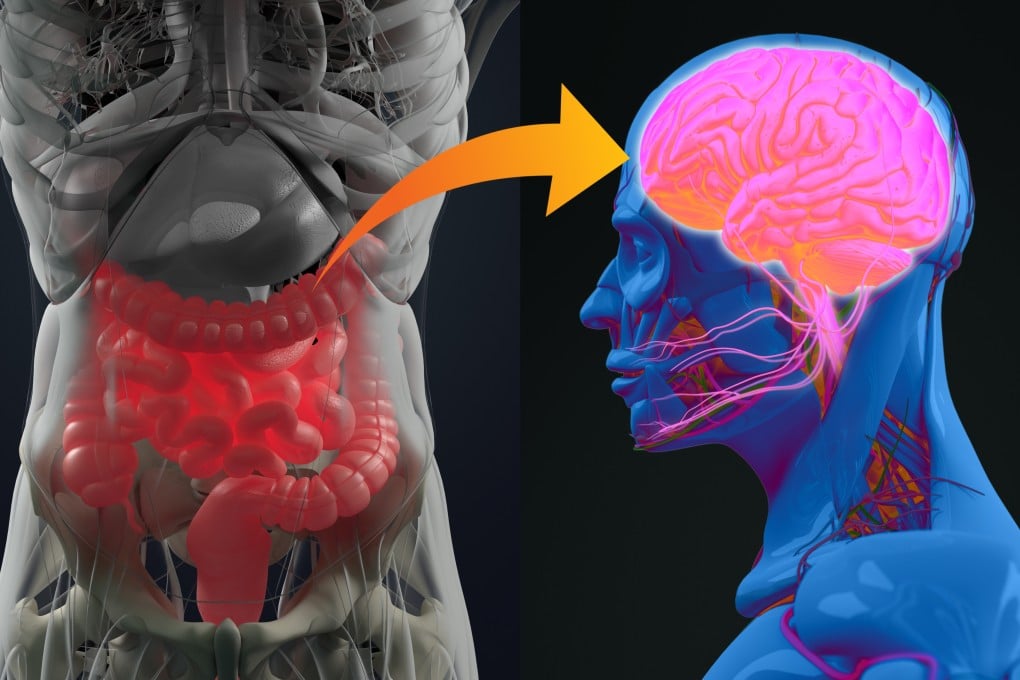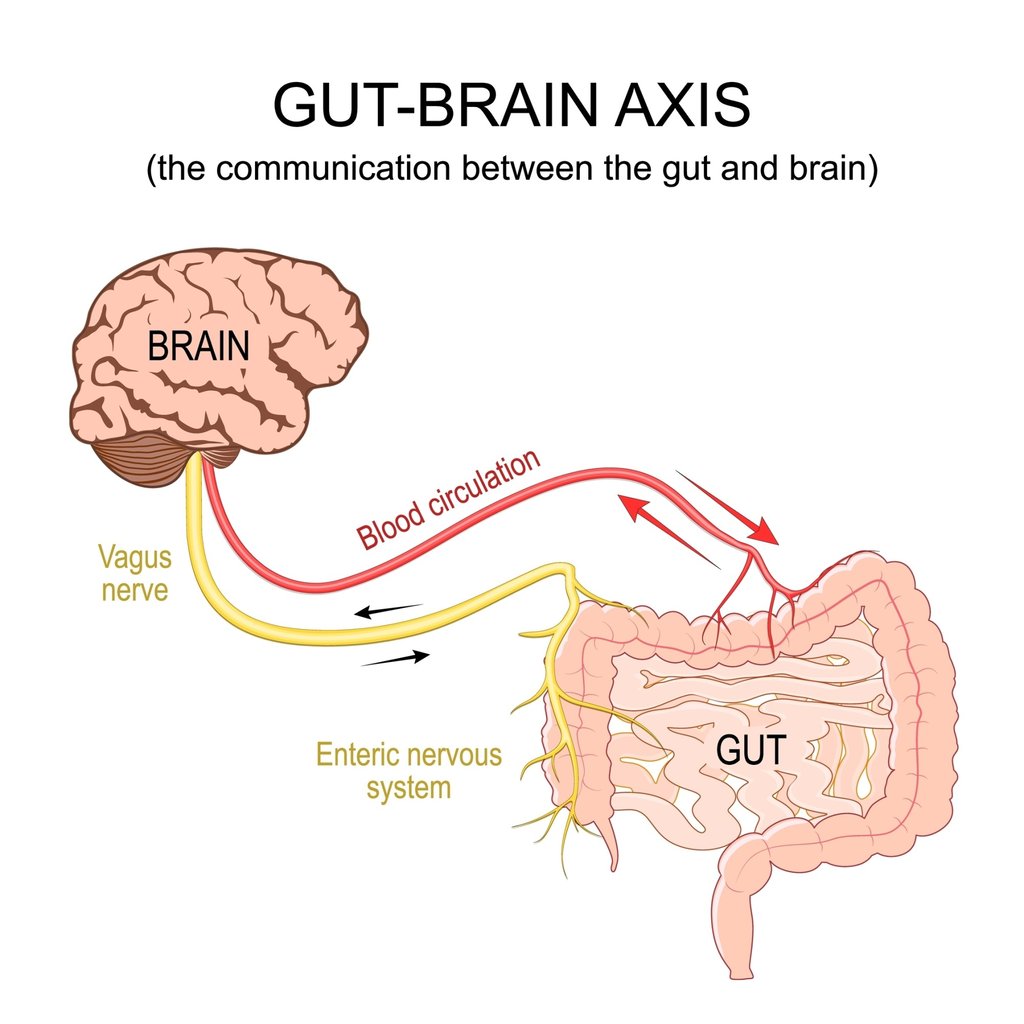Advertisement
Gut-brain health link reinforced as studies show food affects decisions, mental disorders
- New research sheds light on the link between brain and gut, and how food affects mental strength and conditions like bipolar, schizophrenia
Reading Time:3 minutes
Why you can trust SCMP

We hear a lot these days about the gut-brain axis, but what is it, how does it work and what does it mean? And what has the gut microbiome got to do with it all?
Advertisement
Think of the gut-brain axis as a two-way system: the gut and the brain communicate via the vagus nerve connecting the brain with the abdominal organs. What happens in one area affects the other.
Being anxious or stressed is likely to cause an upset stomach and disrupt gut motility – the movement of food through the digestive system. It might result in diarrhoea, constipation or a sore stomach. Think of it as like a brain-gut traffic jam.
The enteric nervous system, simply put, is the nervous system within the gastrointestinal tract. It produces neurotransmitters as well as a large proportion of the “feel-good” hormone serotonin – also produced in the brain – and gamma-aminobutyric acid (GABA), which helps control feelings of fear and anxiety.

This is why psychiatrists are increasingly looking to the gut to help manage mental health disorders.
Advertisement

Advertisement